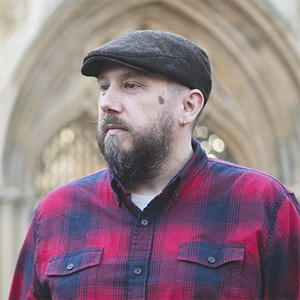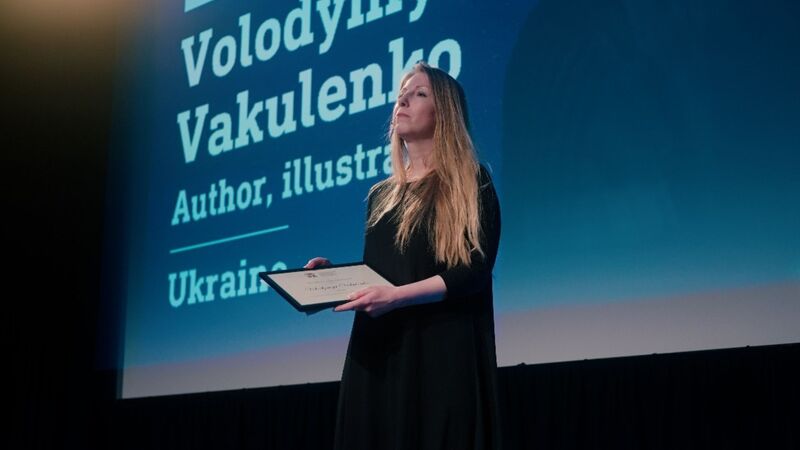You are viewing your 1 free article this month. Login to read more articles.
The power of distance
I’ve been writing about mental health for years. Not as many as I’ve been living with my own clinical depression, but certainly for over a decade now. It has, until last year, been mainly in blog form—direct, first-hand accounts of my own experiences as a man with mental health issues
We know that men don’t talk about things like this. At least, that’s the perception. Women are more insightful about their own emotional state, whereas men keep things bottled up and stoically ignore them, right? It’s a stereotype, but one that is slowly breaking down as more of us come forward to say that we’re really not doing that well. We are gradually chipping away at the stigma that mental health, depression and suicide carried as recently as my parents’ generation.
Talking about it, for me, has two benefits. It’s cathartic for me personally, and it can be helpful for others. I have always felt that if one person reads a post, recognises something from their own experience and realises they’re not alone, then every word has been worthwhile. And I’ve been on about it for so long that it’s second nature to me, to the point when people say that it’s brave to admit to mental health issues, I always double-take. I forget that there are still a lot of people who feel the need to not show this perceived weakness.
Mental health is a tricksy beast.
Depression feeds on itself, making you doubt your own judgement and thereby creating the environment it needs to thrive. It’s easy to believe you don’t deserve help, that your problems can’t possibly be as bad as other peoples’, so you shouldn’t waste people’s time with your issues
Those well-meaning list articles of what depression can look like can all too easily read like a tick-list of what depression does look like, and can start one thinking, “Well, I don’t have that, or my sleep patterns are OK, so I guess what I have isn’t depression.” We look for reasons not to get help and for every element we recognise, it only takes one thing we don’t to exclude ourselves.
This is where fiction has an enormous role to play. Journalism can feel definitive in a way that fiction just doesn’t. Fiction is just stories. But stories have power. We are a species of storytellers; all art is about stories, from cave paintings to 21st-century blockbusters. Parables are a way of making a point about one thing by framing it in a way that makes it accessible to the audience. Fables teach us about morality and ethics. Science fiction explores ideas about what it means to be human, as well as prepare us for the benefits, and dangers, of emergent technology.
Stories are how we make sense of the world. Fiction is a lens through which we look at real life, but it gives us the distance to take those lessons on board without feeling preached to or judged. And it can open up trains of thought without making claims. Fiction asks questions, it doesn’t (or shouldn’t) make statements. And it should do so without judgement, easing a thorny subject along in a way that direct conversation often struggles to do.
This is why I wrote Playtime’s Over. I felt as if I had things I wanted to say, ideas I wanted to explore, but I was wary of coming over as preachy or dogmatic. By telling the story of my protagonist Will’s suicide and the conversations he has, as he’s dying, with Viktor, the manifestation of his subconscious, I had a chance to play with those ideas at a remove. I could put words in Will’s mouth but use Viktor to be critical of them. I could give Will the conversation he needed to have that, as a man, he hadn’t been able to have with friends in his real life.
I could also control the mood and the direction of the conversation without it feeling like I was steamrollering anyone. Because I am not Will, or Viktor, I can say things without sounding like I’m saying them and if I’m saying something about people, it doesn’t feel as I’m saying anything about you. If the reader recognises part of themselves in the story, the parts they don’t identify with don’t have to be so off-putting, because I’m not laying out facts, I’m just telling a story.
It also enables me, as the author, to show something of myself while protecting my own vulnerability. I can talk about the things that worry me, the doubts that plague me, the darkness I feel inside, without putting off those I’m talking to or exposing myself too much. And it enables me to be critical of myself, to look at those things objectively and rationally, thereby helping me process them. I can perhaps even work through some of those issues without getting bogged down in my own mess because I, too, get to look at them from a distance, through a lens. When dealing with something as personal as mental health, that distance is invaluable.
Stories can be a fantastic way of escaping our own problems for a while, but they can also be a fantastic way of facing them. Even more miraculously, they can be both, at the same time, for both the reader and the author. They make the difficult accessible and the contentious palatable. Throw a few decent jokes into the mix and you can even write a book about suicide and how awful the world is that will make readers laugh and give them hope.
James Kinsley lives in Norfolk and is a passionate advocate for mental health issues, since being diagnosed with clinical depression in his mid-twenties. His debut novella, Playtime’s Over, was published by Propolis in 2021.














